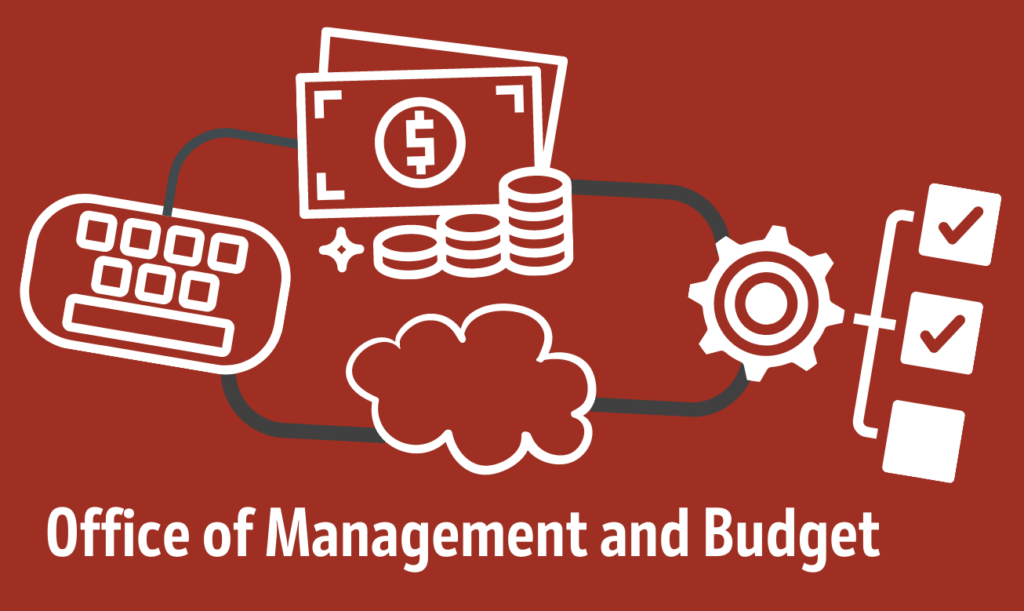
Agency leaders in charge of combatting fraud are highlighting the importance of workforce training and data sharing, as the White House touts a deep decline in the governmentwide rate of improper payments.
The Office of Management and Budget last week reported the governmentwide rate improper payment rate had fallen to 3.97%, the lowest since 2014. The rate has dropped by nearly 50% since fiscal 2021, when improper payments and fraud soared amid emergency COVID relief spending.
The total amount of improper and unknown payments in fiscal 2024 was $161.5 billion, compared to just under $236 billion in fiscal 2023, according to data posted on PaymentAccuracy.gov.
The White House said the past year’s progress was driven by “a government-wide approach focused on improving up-front controls, prioritizing fraud prevention, and driving increased collaboration between agencies and their inspectors general.”
The Center for Medicare and Medicaid Services played a major role in the governmentwide improvement. Medicaid reduced improper payments by more than $19 billion in fiscal 2024. That brought Medicaid’s improper payment rate to 5.1%, down from 21.7% in fiscal 2021.
The major reduction in improper payments caps a multiyear effort by the Biden administration to improve program integrity and strengthen fraud controls across government. But the high-level focus on improper payments and fraud is expected to carry over into the Trump administration.
The incoming “Department of Government Efficiency” has pledged to massively cut federal spending by, in part, reducing fraud, waste and abuse. DOGE leaders have pledged to eliminate fraud by identifying “pinpoint executive actions that would result in immediate savings for taxpayers.”
Meanwhile, lawmakers are also investigating the root causes of improper payments and fraud in government programs.
Agency officials who oversee federal antifraud efforts say identity theft has become a major issue for many programs. Brian Southerly, division director within the Social Security Administration’s Office of Program Integrity, said SSA has seen identity theft feature “quite heavily” in fraud attempts.
“We all know about the prevalence of social engineering, so scamming people by impersonating SSA employees, bribing employees, misusing grant or contract funds, are some of the high level areas that we’ve seen, but I think a lot of it does come back to identity theft, and identity theft can lead to other areas such as account takeovers,” Southerly said during a webinar hosted by ACT-IAC today.
Dennis Sendros, senior technical advisor within CMS’s Center for Program Integrity, said identity theft has been a “major driver” in fraud schemes targeting CMS programs as well.
“That has been an increasing concern for us in recent years, and somewhere we’re increasingly targeting to make things better,” Sendros said.
The lack of data sharing between agencies is often identified as a major barrier to rooting out fraud. Many laws prohibit agencies from sharing certain data with other agencies due to privacy concerns. Both Sendros and Southerly highlighted data sharing as a challenge.
“There are regulations about how we share data with other agencies, and those can be burdensome to comply with, and can lead to data not being shared as quickly or as completely as might be valuable to tackle certain fraud schemes,” Sendros said. “There are particularly strict regulations around data we can get from the IRS, which are also blockers in addressing certain fraud schemes. Those regulations all have good purposes, but you know that they are certainly a blocker sometimes.”
Officials also said training employees on fraud and risk management is key to maintaining program integrity. SSA, for instance, requires all employees to go through annual antifraud training.
“Our employees continue to be our best line of defense,” Southerly said. “We’ve really instilled a culture here at the agency of fraud risk awareness so all of our employees know that if they are in an interview with someone and they think something doesn’t quite feel right, we have a referral program where they can make that referral to our Office of the Inspector General, who then will initiate an investigation into that that activity.”
Agencies are also exploring the use of artificial intelligence and machine learning to address program integrity and fraud. Saum Ghosh, director of the Office Information Systems within the Food and Drug Administration’s Office of Inspections and Investigations, said the issue comes down to using data to drive “more impactful” actions.
“We are working on both very some deterministic model: If A is more than B, then do C, and if A is less than B, do D. [That] type of model,” Ghosh said. “But at the same time, there are AI and other logic being used which help us get more insight into the data as well.”
Copyright
© 2024 Federal News Network. All rights reserved. This website is not intended for users located within the European Economic Area.






